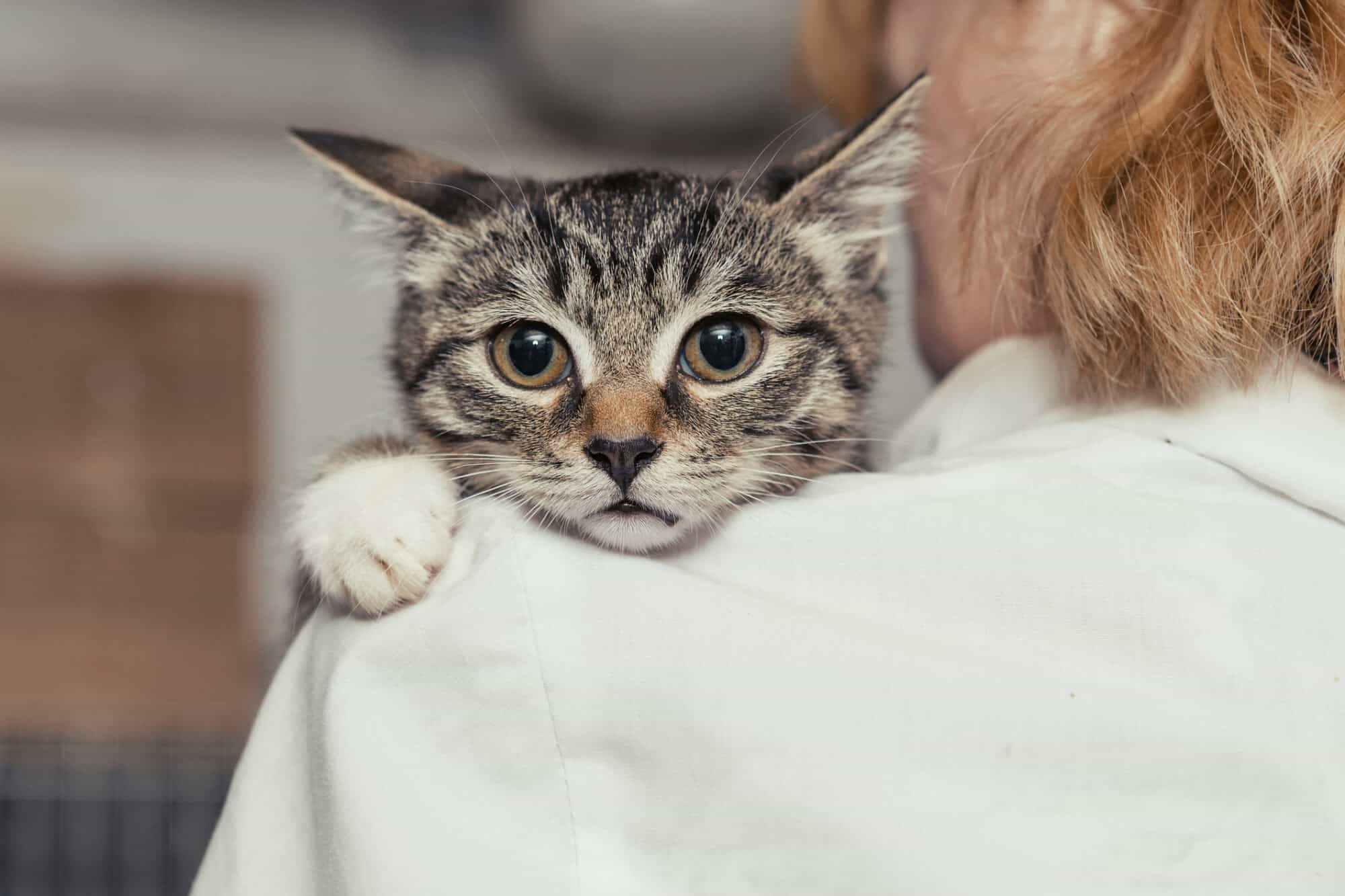5 Feline Conditions that Require Emergency Care

As cat parents, we all know our feline friends are curious creatures prone to getting themselves into sticky situations. Car accidents and other traumatic events are obvious reasons to seek emergency veterinary treatment. Other conditions are not quite as obvious and require our keen attention to behavioral clues.
In this blog, our team at Sacramento Cat Hospital takes a close look at five feline health conditions (and symptoms to watch for) that require emergency care.
1. Bite Wounds
Cats are territorial by nature, so scuffles with other pets (or stray animals if your cat escapes) are bound to happen. Even a small puncture from another cat’s tooth can lead to infection, abscesses, or the spread of serious diseases. Bite wounds often appear minor on the surface but can quickly worsen beneath the skin. If you notice swelling, limping, or sensitivity to touch, it’s best to have your cat examined right away.
2. Foreign Objects
Anyone with a playful cat knows they love batting around hair ties, string, or little toys—but sometimes curiosity goes too far. If swallowed, these foreign objects can get stuck in the stomach or intestines. Signs may include vomiting, loss of appetite, or sudden belly pain. Because blockages can become life-threatening, getting help quickly is the safest choice for your cat.
3. Unable to Urinate
One of the most serious feline emergencies is when a kitty is unable to urinate. This is often caused by a urinary blockage, and it is more common in male cats. You might see your cat straining in the litter box, crying out in pain, or making repeated trips without success. If left untreated, urinary blockages can quickly become fatal. Don’t wait to seek care.
4. Cats Exposed to Toxins
Cats are especially sensitive to many substances that are harmless to humans. Ingesting lilies, antifreeze, certain human medications, or household cleaners can lead to serious complications. If you suspect your cat has been exposed to toxins, call your veterinarian immediately.
5. Unable to Use Hind Legs
One rare but very serious emergency in cats is Feline Aortic Thromboembolism (FATE), sometimes called a “saddle thrombus.” This occurs when a blood clot forms and blocks blood flow to the back legs, causing sudden paralysis, extreme pain, and cold paws. While heartbreaking to see, recognizing the signs quickly and seeking emergency veterinary care is critical. If your cat suddenly can’t use his or her hind legs or cries out in distress, contact your veterinarian or an emergency clinic right away.
What to Do in an Emergency
We know how stressful it can be when your cat isn’t feeling well. Please remember: you’re never overreacting by calling your veterinarian. Cats can decline quickly, and it’s always better to be safe than sorry. If you notice any of these warning signs, or if your instincts tell you something just isn’t right, don’t hesitate to contact us at (916) 488-4161.


